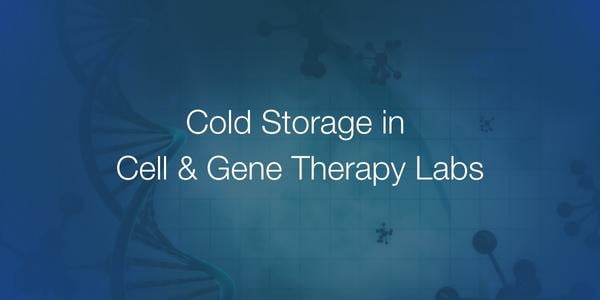Conventional therapies for treating diseases, such as surgery and medication, have long helped people around the world. However, there are many diseases that cannot be cured by traditional therapies. Advances in cell and gene therapies have the potential to offer new treatment options for these patients.
Cell and gene therapies are overlapping areas of biomedical research and treatment. Both types of therapy show great promise for treating and even curing a range of previously untreatable and rare diseases.
For patients with cancer, traditionally there have been three pillars of treatment: surgery, chemotherapy, and radiation therapy. Newer approaches have exciting potential as the fourth pillar of cancer treatment.
Cell Therapy
Cell therapy is the transplantation of whole living cells into a patient’s body to replace or repair damaged cells or tissue. Different types of cells can be used in cell therapy, including stem cells, lymphocytes, dendritic cells, and pancreatic islet cells.
Hematopoietic stem cell transplantation (also called bone marrow transplant) is currently the most frequently used cell therapy for treating a variety of blood cancers and hematologic conditions.
Cell therapies use cells from the patients’ own body (autologous) or from a donor (allogenic). In some cases, such as CAR-T cell therapy, cells are genetically modified before being infused into the patient. CAR-T represents an intersection between cell and gene therapy.
Gene TherapY
While cell therapy is the infusion or transplantation of whole cells into a patient, gene therapy uses genetic material, or DNA, to manipulate a patient’s cells to correct an underlying genetic problem.
One approach to gene therapy is replacing a mutated gene that causes disease with a functional copy. Another is introducing a new, correct copy of a gene into the body. Therapeutic genes need a means of delivery; deactivated viruses are often used for this purpose.
Gene therapy may be performed in vivo, in which the therapeutic gene is delivered directly to cells in the patient’s body. Alternatively, an ex vivo approach may be used, in which the therapeutic gene is inserted into cells outside the patient before being transplanted into the body.
Importance of Cold Storage
In cell and gene therapy labs, there has been a great deal of focus on cryogenic storage (below -150° C), but the integrity of the entire cold chain is important. This includes storage for therapy products and ancillary materials that need to be maintained at refrigerated temperatures (+4°C), standard freezer temperatures (-20°C to -30°C), or at ultra-low temperatures such as -80°C.
The following are some examples of critical materials that may require storage at non-cryogenic temperatures:
- Reagents used in testing and quality control
- Ancillary materials (components used during manufacturing that are not intended to be part of the final cell product), such as small molecules, growth factors, cell isolation reagents, culture and cryopreservation media
- Samples and products such as bone marrow that need to be held overnight prior to cryopreservation the next day
- Viral vectors that require storage at -80°C
Cell and gene therapy products are critical to the patients they will treat. The therapies and the materials used to manufacture them have a very high value. For these reasons, it’s essential they are maintained appropriately in dependable cold storage devices. To meet regulatory requirements, it is also important for the temperature to be monitored and recorded.
OTHER BLOGS YOU MAY BE INTERESTED IN...
- 3 Factors to Consider When Selecting Ultra-Low Freezers for Clinical Lab
- Clinical Labs Can Save Staff Time with the i.C3® Information Center
- Regular Preventative Maintenance Supports Regulatory Compliance
- Protecting Laboratory Media from Temperature Excursions
Helmer Scientific has been providing high quality, reliable temperature-controlled storage devices for more than 45 years. We’re a partner to the blood banking community and work with hospital, specialty, and retail pharmacy, including clean room applications. We are here to help you properly store your high-value, life-saving therapies and ancillary materials.





